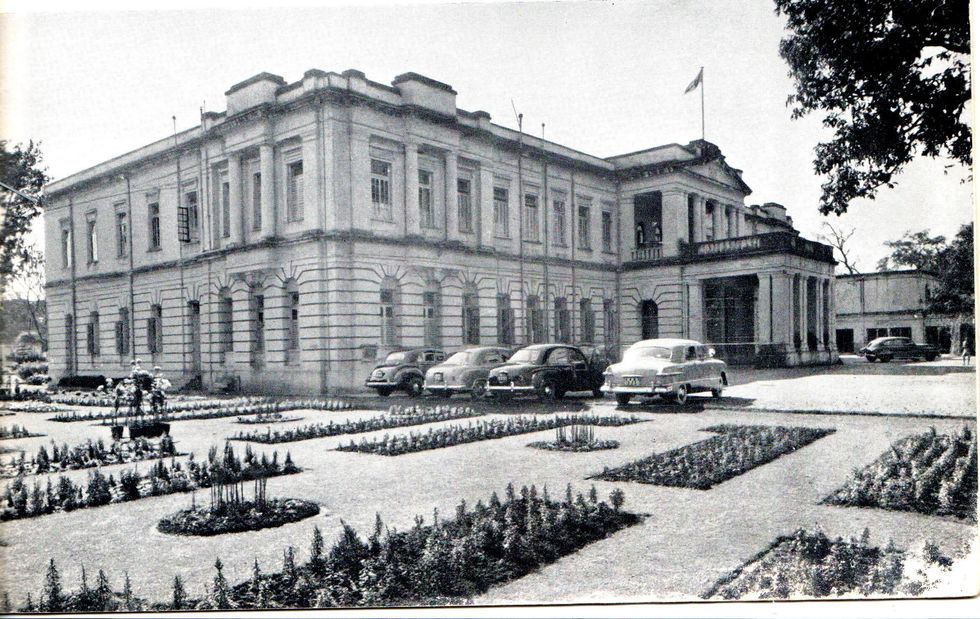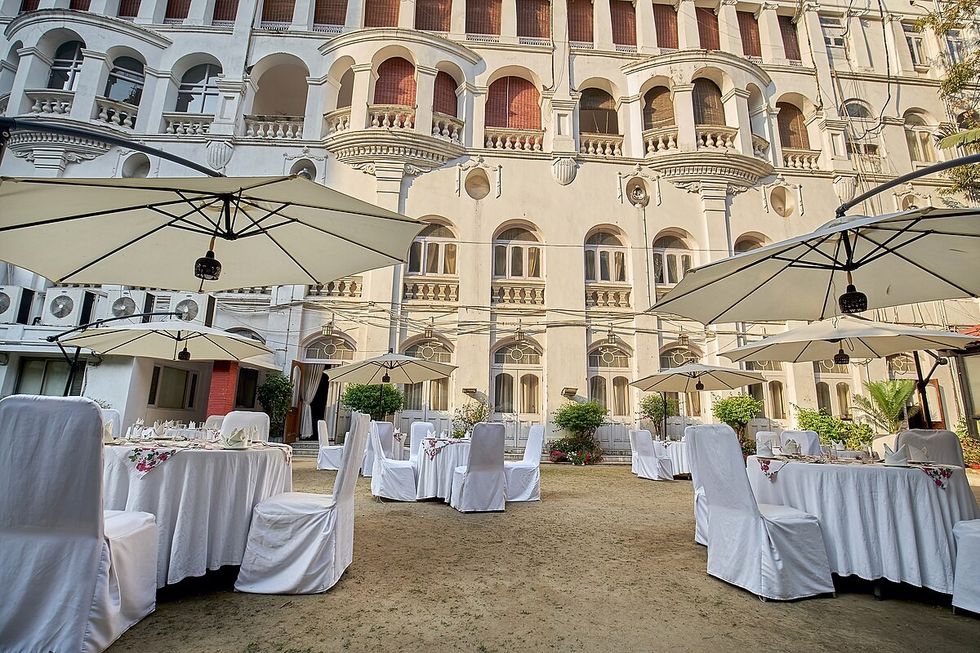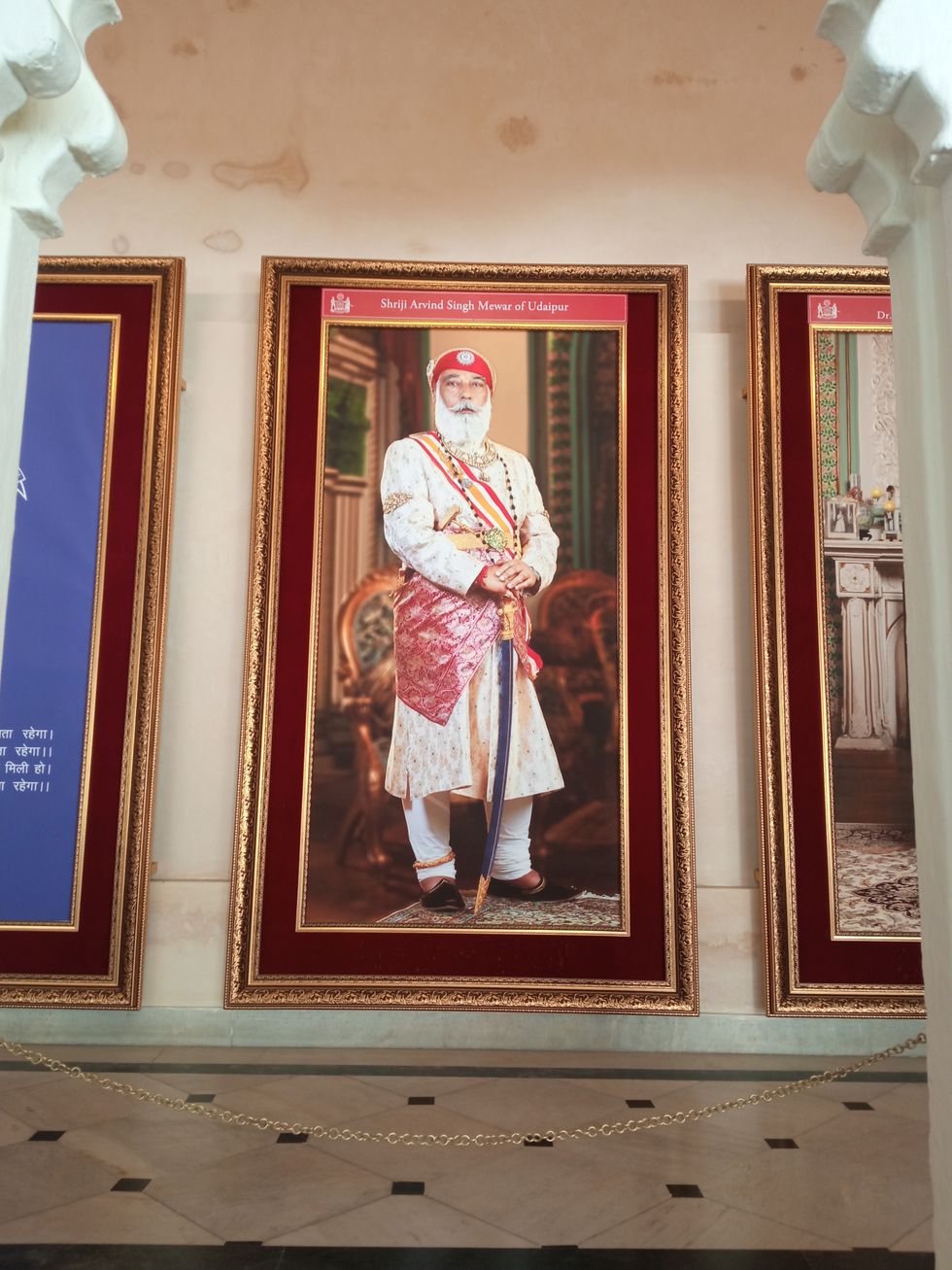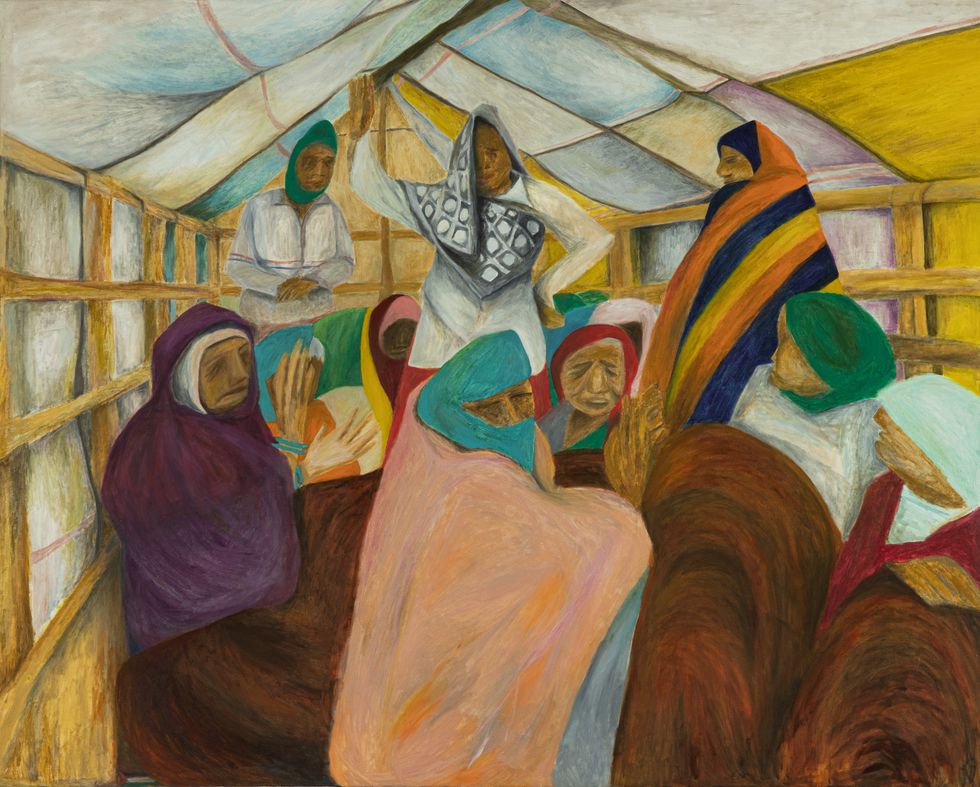by SHALINA PATEL
I’M SURE anyone with a child in their life will recognise this classic question – why is the sky blue? But did you know that it was an Indian scientist who is recognised as the very first person to explain the answer to this eternal question?
Since 1987, February 28 has been celebrated in India as National Science Day as it was on that day in 1928 that Dr CV (Chandrashekhara Venkata) Raman presented his life-altering discovery, now universally known as the Raman Effect.
Raman was born in 1888 in then Madras Presidency (Tamil Nadu) in India. His father was a professor of mathematics and physics, and he followed in his father’s footsteps and pursued physics as his main field in interest at university. He won a government scholarship and was keen to become a researcher.
His interest in music eventually combined with his love of all things science, leading him to extensively research the acoustic qualities of Indian instruments, such as the tabla. He was especially interested in how exactly different musical notes were produced by the instruments.
Raman’s study found clear links between the design and sound, and he used experiments with sawdust to reach conclusions about the different soundwaves being produced.
He was the first person to scientifically explore Indian instruments in this way.
In 1928 he presented his most celebrated theory, later known as the Raman Effect, in Bangalore. The Raman Effect essentially explains why light behaves differently when it passes through various substances.
His research shows, for example, why the colour of the sky looks blue. He made these discoveries with the extensive assistance of fellow scientist and student KS Krishnan
Raman became the second Indian winner of the Nobel Prize, being awarded the prize in physics for his work in the field of light scattering in 1930.
However, Krishnan controversially was not nominated for the Nobel Prize alongside Raman. Nobel prizes include honours that are awarded annually for physics, chemistry, literature, economics and humanity.
Legend has it that Raman was so confident he would receive the award that he booked travel tickets for himself and his wife before the committee had even announced anything. He was the first person from Asia to be awarded for achievements in the field of science.
Raman was known to be stubborn and certainly made his disdain for politicians and organisations publicly known. Nonetheless, his contribution to our understanding of why the world looks as it does is an amazing feat. So next time you look up at a blue sky, think of CV Raman.
Shalina Patel is the head of teaching and learning in a large comprehensive school in north-west London. Patel runs the History Corridor on Instagram, which has more than 15,000 followers and showcases the diverse history that she teaches. She has delivered training to more than 200 school leaders since July 2020 on decolonising the curriculum. Patel won the Pearson Silver Teaching Award 2018 for Teacher of the Year in a Secondary School.






 The Calcutta Club
The Calcutta Club The Bengal Club lawns
The Bengal Club lawns









 His portrait in the City Palace
His portrait in the City Palace
 Pakistani artist Moazzam Ali Khan caught the attention of Bollywood legend Javed Akhtar with his soulful YouTube cover of Yeh Nain Deray Deray
Pakistani artist Moazzam Ali Khan caught the attention of Bollywood legend Javed Akhtar with his soulful YouTube cover of Yeh Nain Deray Deray John Abraham to headline action thriller Tehran
Getty Images for DIFF
John Abraham to headline action thriller Tehran
Getty Images for DIFF
 Tikri Border, Haryana-Delhi by Aban Raza
Tikri Border, Haryana-Delhi by Aban Raza Harmz Matharu
Harmz Matharu Abhishek Bachchan in Be Happy
Abhishek Bachchan in Be Happy Devika's soulful vocals shine in her new Punjabi ballad Wisteria
Devika's soulful vocals shine in her new Punjabi ballad Wisteria Indian Idol star Nitin Kumar promises a soulful mix of qawwali, Sufi, and folk music at his upcoming UK performance
Indian Idol star Nitin Kumar promises a soulful mix of qawwali, Sufi, and folk music at his upcoming UK performance Kunal Kamra during his show
Wikipedia
Kunal Kamra during his show
Wikipedia
 Swiss-Indian singer BombayMami is making waves with her bold style and sound
Swiss-Indian singer BombayMami is making waves with her bold style and sound Hania Aamir receives a questionable honour in London
Hania Aamir receives a questionable honour in London


 A resident in Odessa, Ukraine, as smoke rises from a fire following a strike earlier this month amid the Russian invasion
A resident in Odessa, Ukraine, as smoke rises from a fire following a strike earlier this month amid the Russian invasion